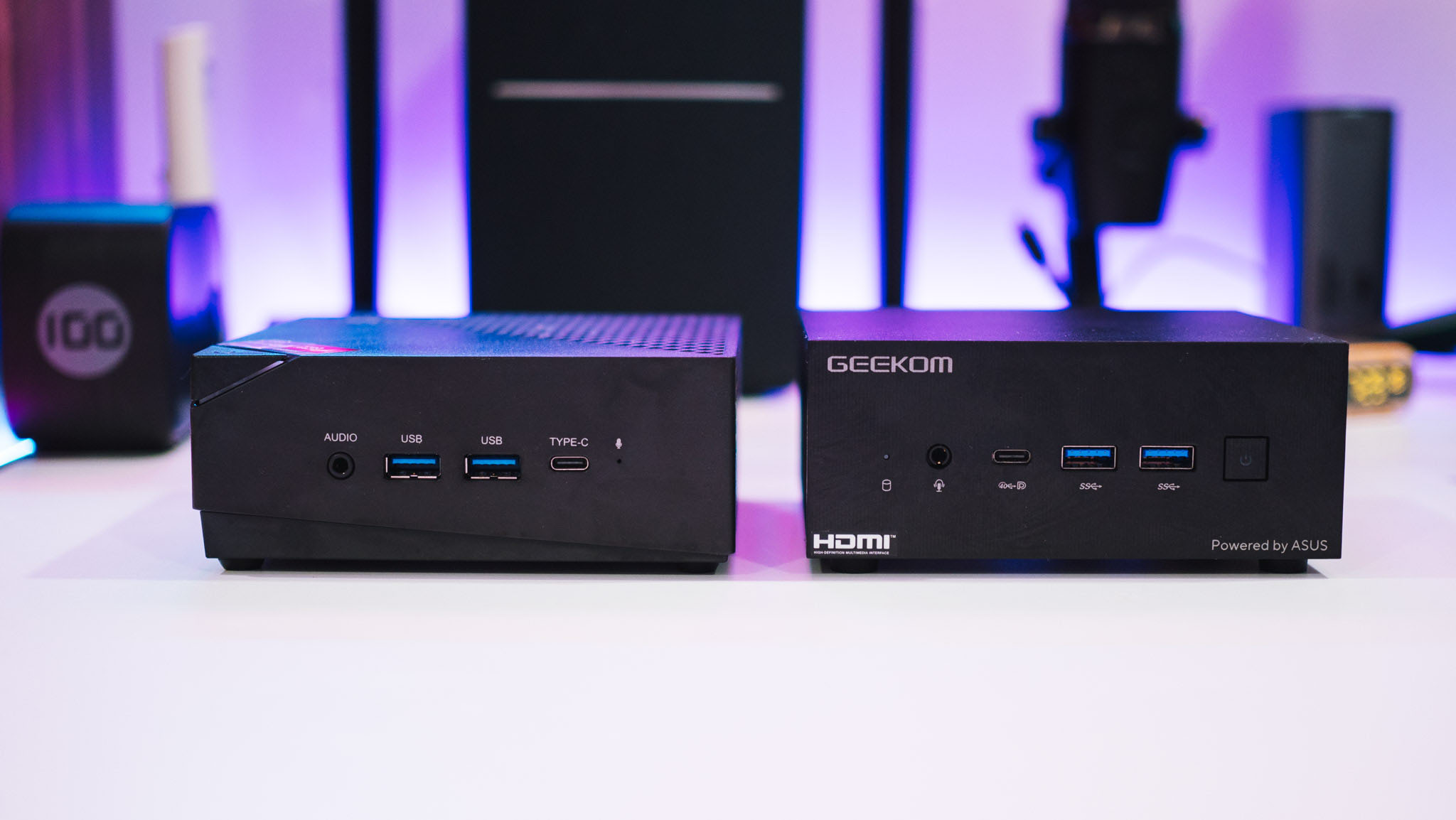What you need to know
- Intel will not make Meteor Lake processors designed to power desktop PCs with sockets.
- A company executive previously stated that Meteor Lake would come to desktop in 2024, which led many to believe the chipmaker had desktop Meteor Lake CPUs on the way.
- Instead, Meteor Lake will only appear in desktops in the form of All-in-Ones and compact PCs, which feature laptop processors rather than full desktop CPUs.
Intel will not release desktop versions of its Meteor Lake processors. The chipmaker will, however, have Meteor Lake CPUs in desktop PCs. If that seems confusing, you’re not alone. An Intel executive recently stated that Meteor Lake would come to desktop in 2024, but Intel has since clarified that Meteor Lake will only include mobile processors. But like many laptop processors, those chips will appear in All-in-Ones.
Communication from Intel on the subject hasn’t been great. But after a statement to ComputerBase, we now have a better idea of what Meteor Lake will look like on both laptops and desktops.
“Meteor Lake is a power efficient architecture that will power innovative mobile and desktop designs, including desktop form factors such as All-in-One (AIO),” said Intel. “We will have more product details to share in the future.”
Intel’s Meteor Lake processors will likely be compared to Apple’s M-series chips because both sets of CPUs hang their hat on efficiency.

The key distinction is that Intel will not make Meteor Lake chips for desktop PCs with sockets. All-in-Ones and the best mini PCs and NUCs often use laptop CPUs. Those processors allow manufacturers to make compact computers that can sit on a desk, but the chips are not as powerful as desktop CPUs.
While Meteor Lake CPUs will appear in All-in-Ones and other compact PCs, they will not power gaming desktops, workstations, or other powerful desktop PCs.
Those looking for new desktop CPUs from Intel will have to wait until Raptor Lake is refreshed. Recent leaks suggest that Intel’s upcoming Raptor Lake chips will deliver solid performance and a considerable jump over Intel’s 13th Gen.




